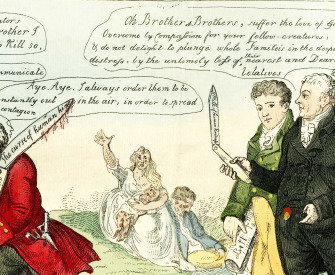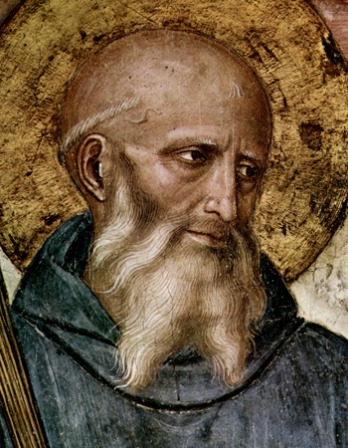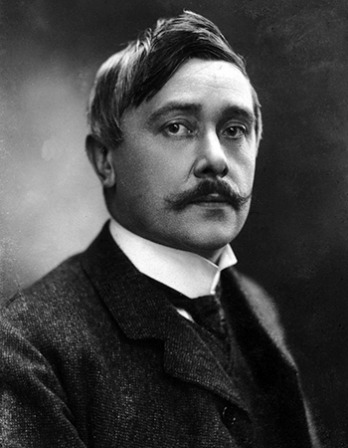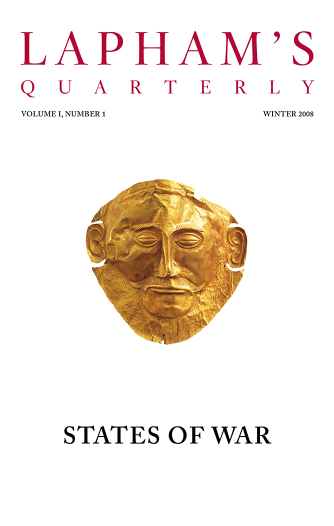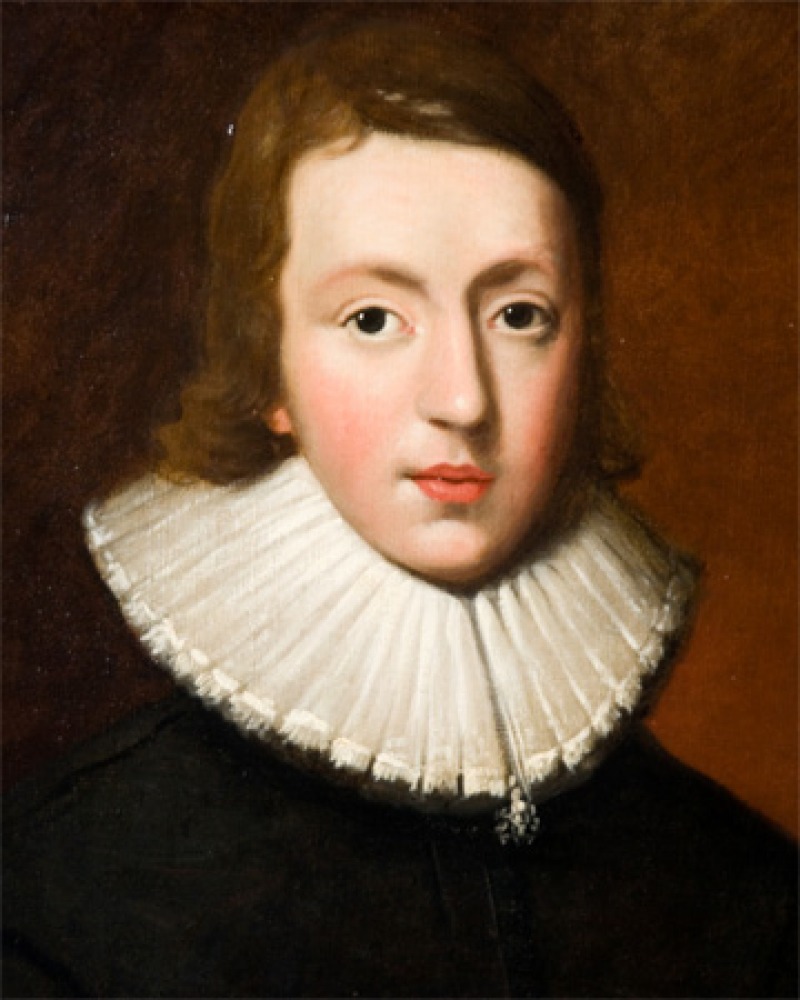
John Milton
Paradise Lost,
1667
Paradise Lost,
Th’ Apostate, and more haughty thus replied:
That we were form’d then, say’st thou? and the work
Of secondary hands, by task transfer’d
From Father to his Son? Strange point, and new!
Doctrine which we would know whence learn’d: who saw
When this creation was? Remember’st thou
Thy making, while the Maker gave thee being?
We know no time when we were not as now;
Know none before us, self-begot, self-raised
By our own quick’ning pow’r, when fatal course
Had circled his full orb, the birth mature
Of this our native Heav’n, ethereal sons.
Our puissance is our own; our own right hand
Shall teach us highest deeds, by proof to try
Who is our equal: then thou shalt behold
Whether by supplication we intend
Address, and to begirt th’almighty throne
Beseeching or besieging. This report,
These tidings, carry to th’Anointed King;
And fly, ere evil intercept thy flight.
